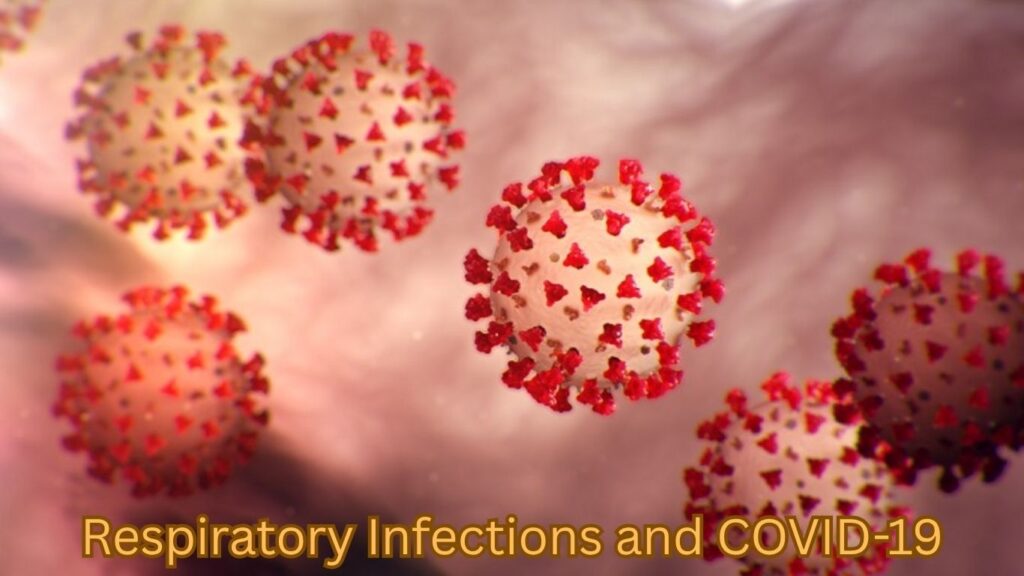Respiratory infections and COVID-19 cases are rising in India, creating a diagnosis challenge due to overlapping symptoms. Timely testing and awareness are key to prevention.
Mrudula Narale
Pune 7 june 2025 : As Indian hospitals witness an increase in respiratory infections, especially in patients with pre-existing lung or heart conditions, a corresponding surge in mild cases of COVID-19 is complicating diagnosis. With fever, cough, and cold symptoms being prevalent across various infectious diseases, it has become a major challenge for medical practitioners to differentiate COVID-19 from other diseases like influenza, dengue, chikungunya, or malaria. The diagnostic challenge highlights the need for early testing and awareness of symptoms to avoid misdiagnosis and complications.
The similarity of symptoms—fever, body pains, sore throat, and fatigue—makes it challenging to diagnose COVID-19 without proper tests. Unlike some other respiratory diseases, COVID-19 can present with distinguishing symptoms such as loss of smell and taste, although this occurs less frequently in newer versions. Other symptoms, especially among those vaccinated, are nausea, vomiting, diarrhea, stomach upset, extreme headaches, dizziness, impaired concentration, and neurological symptoms such as numbness, seizures, or facial paralysis. Long-term fatigue, insomnia, irritability, and psychological distress are also experienced, distinguishing COVID-19 from other similar diseases.
Other diseases, however, have specific markers. Dengue is usually accompanied by severe headaches, eye pain behind the eyes, rashes, and a fall in platelet count, which is unusual in COVID-19. Chikungunya has similar symptoms but features in the form of severe joint pain. Malaria presents as an onset of frequent high fever and chills, followed by nausea, vomiting, and weakness. Influenza comes with high fever, nasal discharge, cough, difficulty in breathing, and lethargy, at times culminating in chest pain or blue discoloration of the skin.
The recent surge in COVID-19 cases makes urgent accurate diagnosis. The other states, including West Bengal (106 new cases, 538 active), Gujarat (7 new cases in Surat, 39 active), and Madhya Pradesh (8 new cases, 30 active), are also witnessing increases. This surge emphasizes the importance of being on guard, especially in vulnerable populations like children, the elderly, and pregnant women, who are more prone to respiratory infections during seasonal shifts.
Health experts highlight proactive management of this outbreak. Testing is imperative when there are serious symptoms, as detecting early enables timely treatment, with the vast majority of patients recovering in a matter of days with proper medical care. Home care measures involve rest, diet, regular temperature and oxygen checks, and isolation to avoid transmission. Not attending to symptoms with the hope that they are viral will slow recovery and adversely affect results, and awareness and early response are therefore crucial.
As cases of respiratory infections and COVID-19 increase, people need to remain vigilant for symptoms, get medical advice, and adhere to test recommendations. With overlapped symptoms making it difficult to diagnose, holding on to particular signs and test results is imperative in guaranteeing proper treatment and preventing infection transmission.
